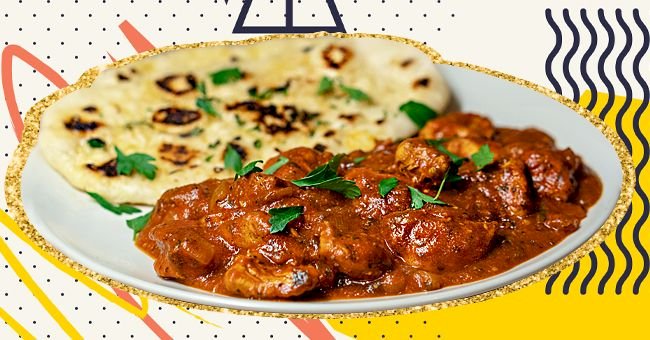
A Glimpse At The Healthy Yet Delicious Traditional Indian Diet
Indian cuisine is best known for combining spices, fresh herbs, and rich flavors in simple meals. However, modern-day Indian food is often considered unhealthy.
Dripping in butter and ghee, Indian cuisine has gained a reputation for being unhealthy. Indian takeout has done the traditional cuisine an injustice.
There is a huge range of dishes within Indian cuisine. Each different region of India has a distinct and different approach to food. Traditionally most of these contain vegetables, legumes, rice, and bread.
Modern Dietary Issues
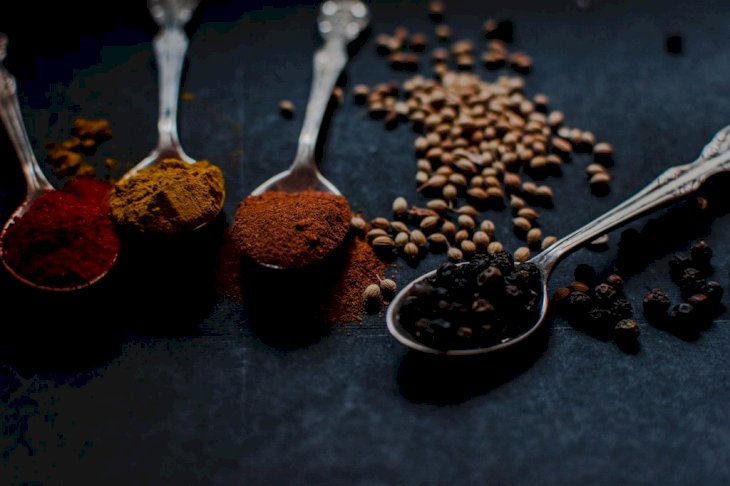
Photo by Pratiksha Mohanty on Unsplash
Unfortunately, as more fast foods, processed food and meat become staples of the modern-day Indian diet, obesity, and obesity-related chronic diseases like heart disease, and diabetes are becoming common issues in India.
The steadily increasing health issues within the Indian population can also be attributed to the increase in higher calorie intake, as well as more salt, and saturated and trans fats. As a result, many doctors have urged people to watch what and how they eat.
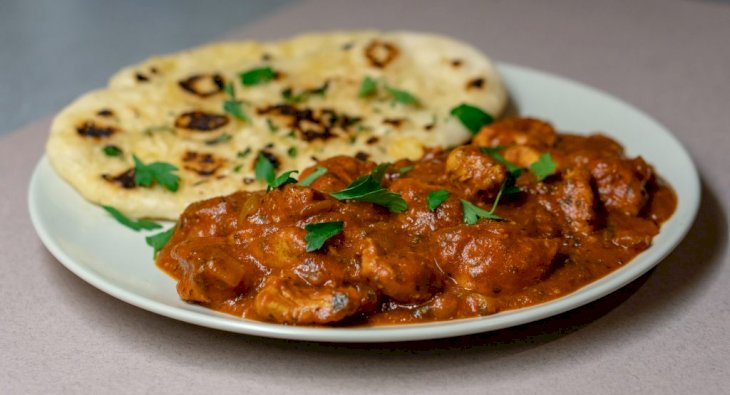
Photo by amirali mirhashemian on Unsplash
Traditional Diet
Given the vastness of India, cuisine varies across the country. However, traditionally most people eat a primarily plant-based diet.
This is partly attributed to a large portion of the population practicing Hinduism. The religion promotes a vegetarian or Lacto-vegetarian diet meaning most people would stick to eating food such as vegetables, lentils, and fruits, with minimal amounts of meat.
Why Eat a Plant-Based Indian Diet?
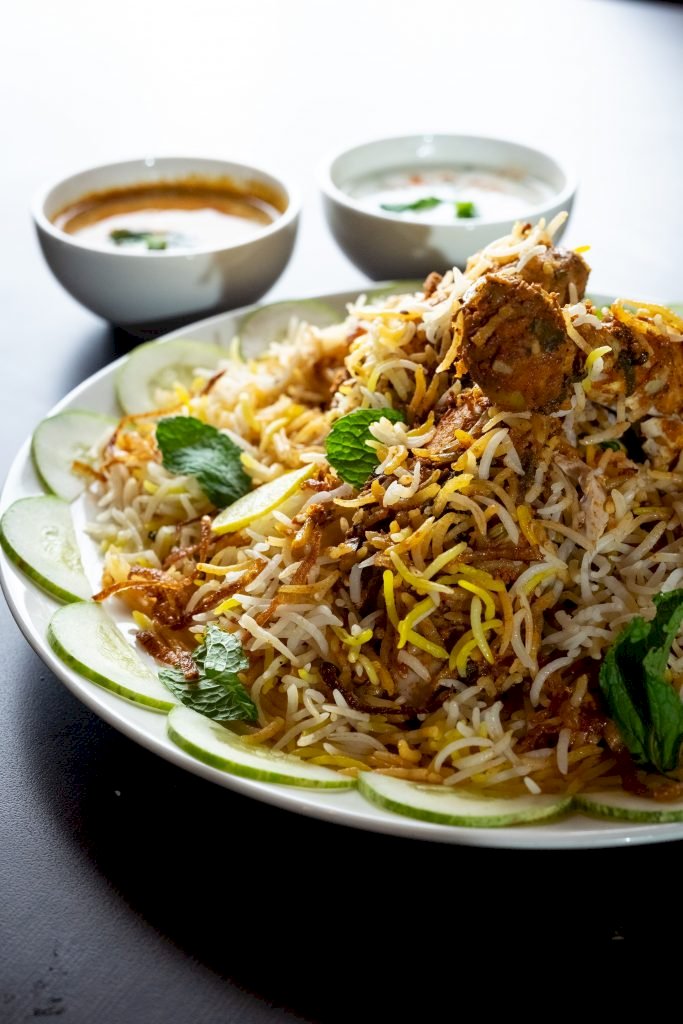
Photo by Shreyak Singh on Unsplash
Plant-based diets are generally associated with many health benefits. Some of the biggest benefits include a lower risk of heart disease, diabetes, and certain cancers such as breast and colon cancer.
The traditional Indian diet has specifically been linked to a reduced risk of Alzheimer’s disease. This may be due to the low consumption of meat and focus on vegetables and fruits. The diet also helps reduce the number of sugary foods and beverages you consume while increasing your protein intake.
What Does A Healthy Indian Diet Contain?
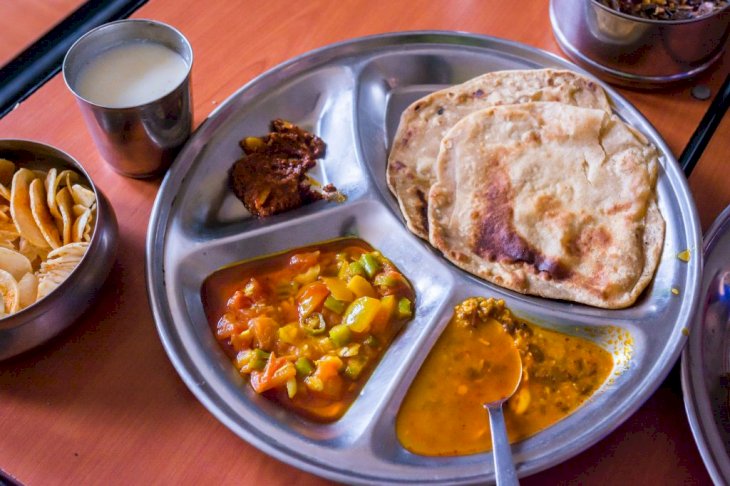
Photo by Gayatri Malhotra on Unsplash
A healthy Lacto-vegetarian diet should be well balanced. It should combine grains, lentils, dairy, vegetables, fruits, with healthy fats like coconut oil.
The use of spices such as turmeric, fenugreek, coriander, ginger, and cumin are highly encouraged. Not only do these add rich flavor, but they also offer powerful nutritional benefits.
Meal Ideas
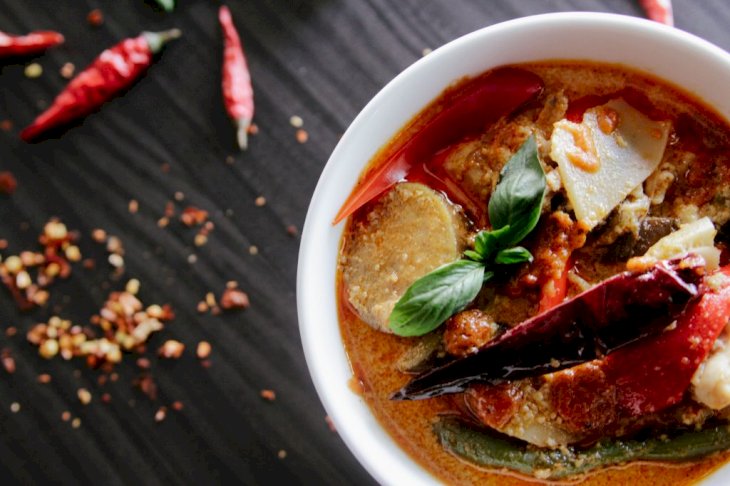
Photo by emy on Unsplash
One of the best healthy options in Indian cuisine is curry. Opt for one with a light sauce that uses skimmed milk or cashew nut paste in place of coconut milk or cream.
Curries are a great way to eat a mix of vegetables and a rich source of protein like pulses, tofu, grains, and seeds. Pair the curry with brown rice, a chapatti, or a wholemeal roti to provide a source of complex carbohydrates.
Snack Ideas
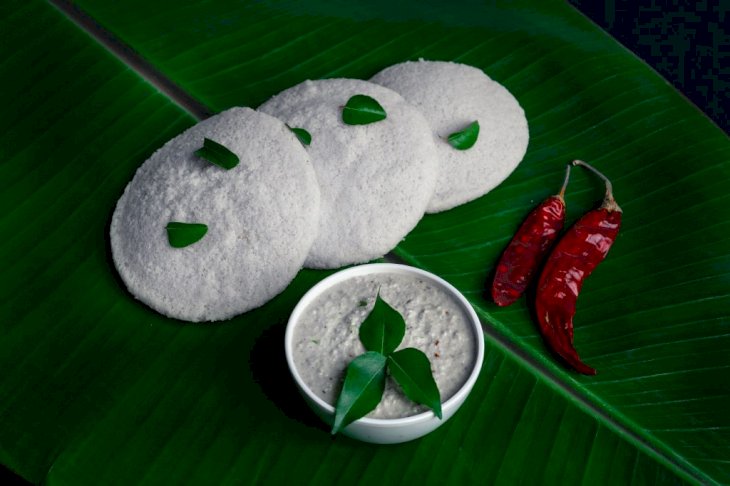
Photo by Shreyak Singh on Unsplash
If you're a snacker, dieting usually seems daunting. Especially if you love highly processed, high in sugars, or high in saturated fat. Instead opt for healthy snacks like fresh fruit, nuts, etc.
If you are craving an Indian snack try vegetable chaats, such as lentil or bean chaat or oat idli. Fresh fruit can also be the perfect dessert when combined with low-fat yogurt.